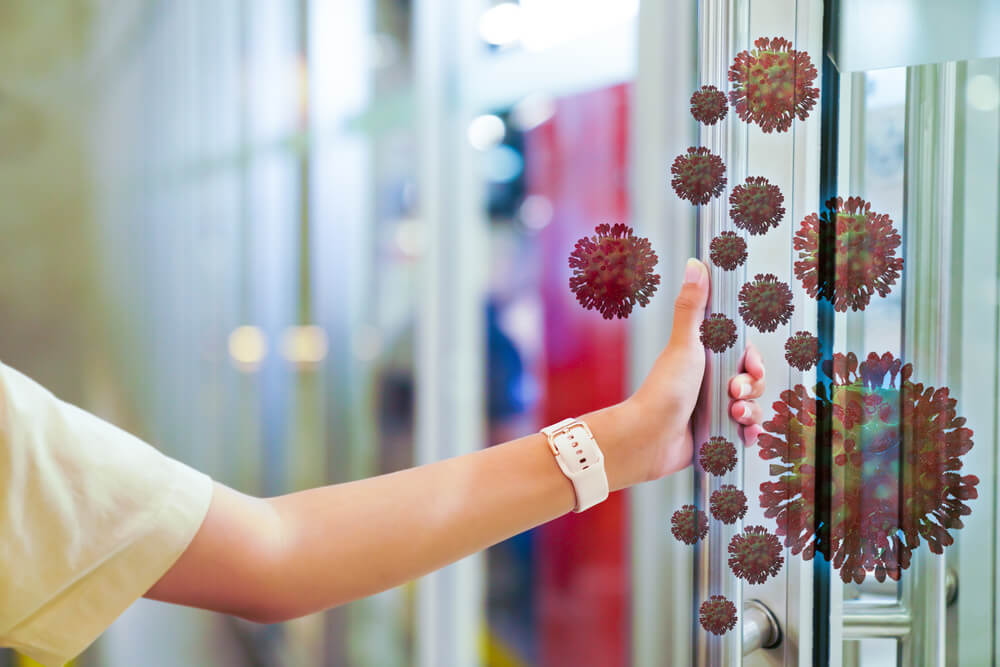What changes can the coronavirus pandemic cause in us?What footprint will this experience leave in society in a year, five or ten?Whenever we face a crisis, the field of psychology is asked these questions. We know that globally these events change us in the long term and that as a humanity we have a great learning experience.
One of the reflections is whether we will be more united as a social group or whether, on the contrary, COVID-19 will inoculate the need for distance as a protective mechanism against new infections.
- Thinking about this last possibility is daunting.
- In addition.
- It goes against our nature.
- Since the human being is a social being who needs this constant connection to find well-being.
We know that these circumstances are completely new. We cannot refer to previous studies or research on the types of sequelae and changes that a pandemic can leave in the population, we live them in other times, such as the Spanish flu of 1918, but the current context is very different. the health system is stronger, the virus is different and certainly the duration will be much shorter.
However, while we are better prepared, we are aware that something will change in us, let’s see what changes the coronavirus pandemic can cause.
“The search for meaning is the key to mental health and human development. ” – Viktor Frankl-
In Chinese, the term used to refer to a crisis is weiji, this word in itself essentially means pain or danger, however, it is interesting to know that it consists of two characters: on the one hand,? W? I, what is translated as risk, and on the other hand,? j?, a term from which ideas such as invention, impulse and change arise.
What the coronavirus pandemic tells us is that the Chinese people are a community highly prepared for great challenges, currently their number of new infections is low and their efforts are focused on helping the international community. In recent days, Italy and Spain have received a large quantity of medical devices, as well as medical assistance.
A first reflection that can awaken this experience in us is precisely this value: altruism, global support.
One of the last major crises in the world was 9/11. Although it was a tragedy that took place in North America, its impact was global.
It has generated a sense of patriotism in some countries and more intense radicalization in others. Other antagonisms have emerged and the consequences of these circumstances remain present in our society and today’s geopolitics.
However, what we are living with the coronavirus is very different, in this case there is only one common enemy, a microscopic enemy, now ethnicities, races, religions, social positions and genders mean nothing, we are all vulnerable. One of the changes that coronavirus can bring is to permanently dissolve our differences to become a more united and committed society.
Let us remember the crisis of 2008. This global financial crisis has led governments around the world to act to save banks. What were the consequences of this decision? The rich got richer and the poor had to survive with even greater difficulties.
People’s social rights have been reduced. One of the sectors most affected is health: fewer hospital beds, less investment, fewer professionals and the privatization of many services.
The coronavirus pandemic can lead us to rethink all this, we will learn that no society can be considered advanced or even civilized if it does not have solid health coverage.
Can it change the vision of postmodern neoliberalism that liberalizes the economy and in which only the strongest survive, perhaps this is an opportunity to reassess what is really important: the people, our elders, our health, the workers who guarantee the supply of food?
The crisis caused by coronavirus can leave a legacy, we can live as a society a period of post-traumatic stress, it is quite possible that the fear of infection will continue in our minds, leading us to develop obsessive-compulsive behaviors. Besides, we’ll spend months and years feeling the emptiness of the people we’ve lost.
The days after coronavirus are going to be difficult. However, there is something undeniable that we will learn as a society: we are not as strong as we had imagined, we are not immune to unforeseen events that can test us, perhaps this period of confinement is a good time for reflection.
We will come out of this crisis, and for this experience to help us we must become aware of several things: life is ephemeral and an asset that must be valued a lot.
Do we need to learn to live it slowly, but intensely, loving our parents, grandparents, children, partners, friends?Let’s take a little more care of this planet of which we are mere tenants, leaving as little damage as possible to the future. Generations.
We will reassess and enhance the health system: COVID-19 will be approved, but we must be prepared so that something like this does not affect us in the same way in the future.

